Traveling on a Budget: Discover practical tips and tricks to help you save money while still enjoying a fulfilling travel experience. From budget accommodations to smart spending strategies, learn how to make the most of your travel budget.
Choosing Affordable Destinations

One of the biggest factors influencing your travel budget is your choice of destination. Some parts of the world are notoriously expensive, while others are surprisingly affordable. Here’s how to pick a destination that won’t break the bank:
Consider Less-Popular Locations:
Instead of flocking to tourist hotspots during peak season, consider venturing off the beaten path. Explore emerging destinations, lesser-known cities, or rural areas within your chosen country. You’ll often find lower prices on accommodation, food, and activities.
Travel During the Off-Season:
Traveling during the shoulder seasons (spring and fall) or even the off-season can lead to significant savings. You’ll encounter fewer crowds and often find discounted rates on flights, accommodation, and tours.
Think Beyond Traditional Vacations:
Who says a vacation has to mean a tropical beach or a European capital? Consider alternative destinations that offer unique experiences at a lower cost. Explore national parks, go on a road trip to nearby towns, or immerse yourself in the culture of a less-traveled country.
Research Cost of Living:
Before booking, research the cost of living in your potential destinations. Websites like Numbeo and Expatistan can provide insights into average prices for accommodation, food, transportation, and entertainment. This allows you to compare and choose a destination that aligns with your budget.
Finding Cheap Flights
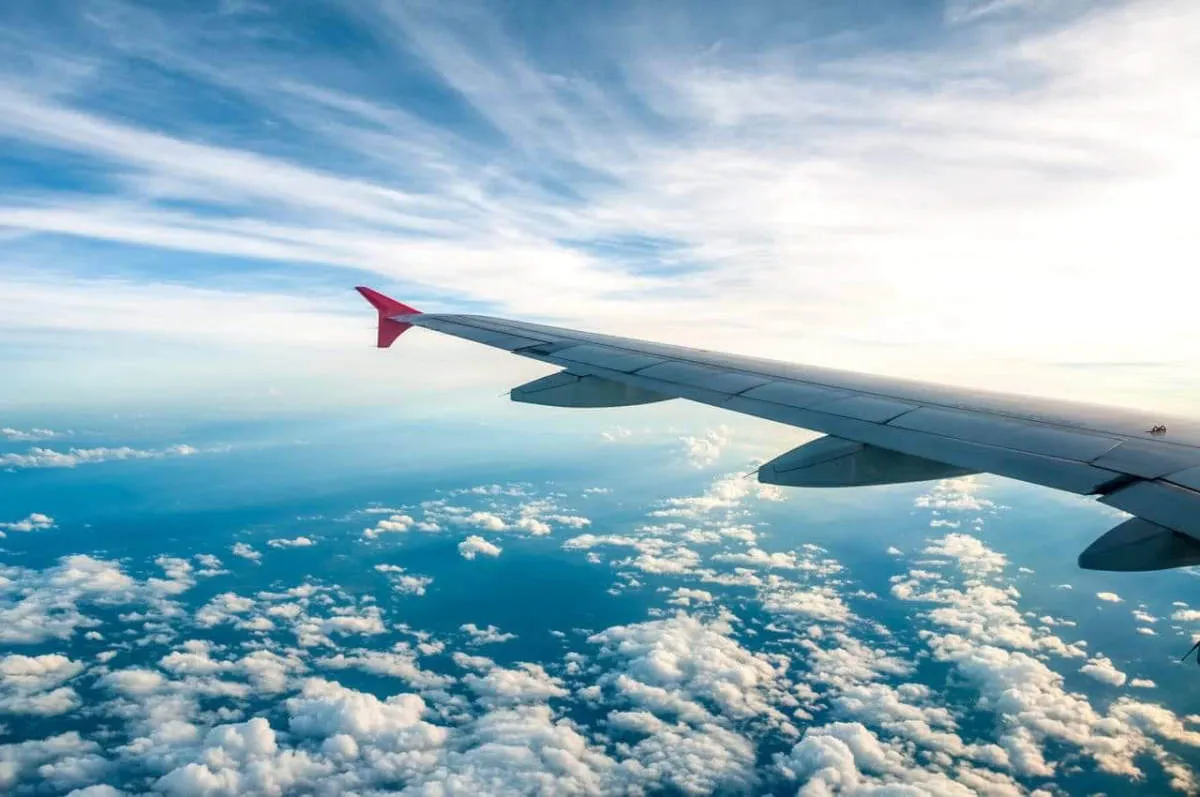
Snagging affordable airfare is often the linchpin of a budget-friendly trip. Thankfully, there are plenty of strategies to help you keep those costs down:
Be Flexible with Your Dates
Weekends and holidays are prime time for travel, which means airlines know they can charge more. If at all possible, traveling during the week, especially Tuesdays and Wednesdays, can yield significant savings.
Consider Alternative Airports
Major cities often have multiple airports serving them. While the main hub might be convenient, flying into a smaller, regional airport can sometimes be cheaper, even if it requires a bit more ground transportation on your end.
Embrace the Red-Eye
Overnight flights are rarely anyone’s first choice, but they often come with lower fares. If you can handle a little sleep deprivation, a red-eye flight can save you money and maximize your time at your destination.
Utilize Flight Search Engines and Fare Comparison Tools
Websites and apps like Google Flights, Skyscanner, and Kayak are your best friends. They let you compare prices across multiple airlines, set price alerts, and explore flexible date options all in one place.
Sign Up for Airline Newsletters and Loyalty Programs
Staying informed about sales and special offers can give you a leg up on cheap fares. Subscribe to airline newsletters and consider joining their loyalty programs, even if you don’t fly with them frequently.
Look into Budget Airlines
Budget carriers often offer bare-bones fares that can be significantly cheaper than traditional airlines. Just be sure to factor in any additional fees for baggage, seat selection, or onboard amenities.
Staying in Budget Accommodations
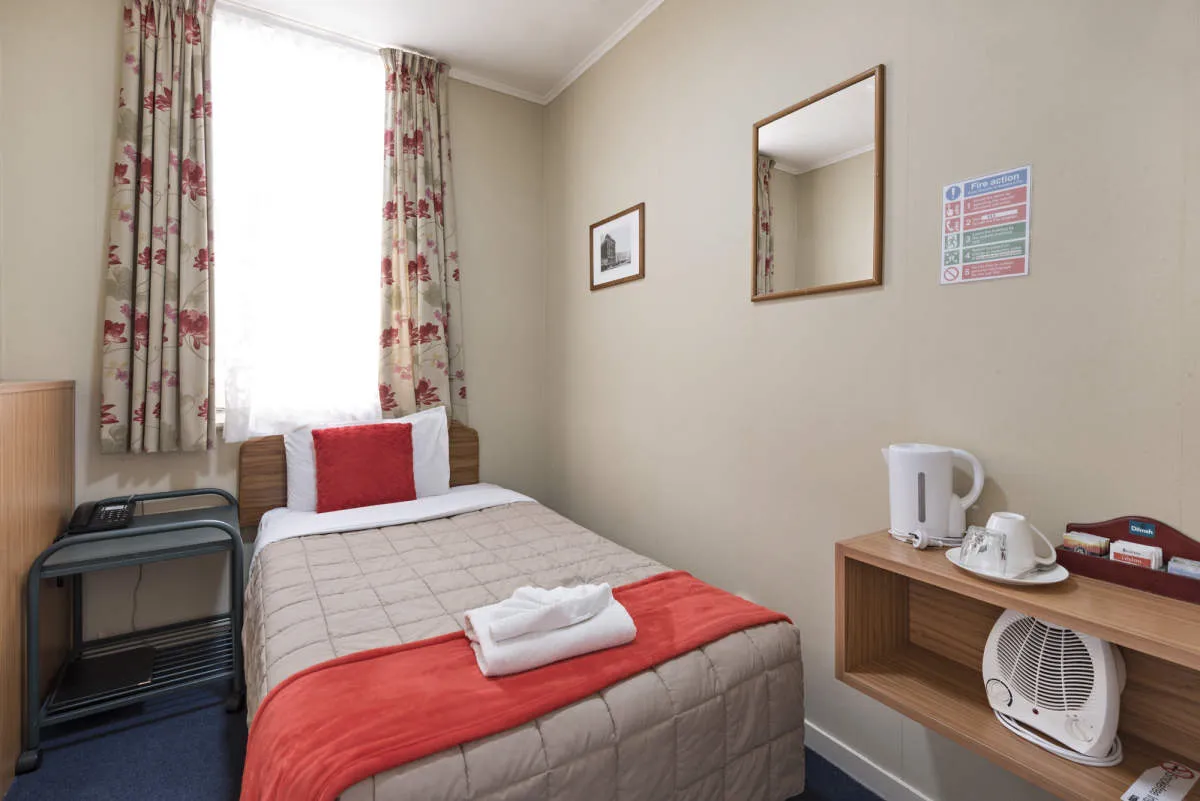
Finding affordable accommodations is crucial for stretching your travel budget further. Here are some tips for saving money on lodging:
Consider Alternatives to Hotels:
- Hostels: Perfect for solo travelers or groups, hostels offer dormitory-style rooms or private rooms at a fraction of the cost of hotels.
- Guesthouses and Pensions: These smaller, family-run establishments often provide a more intimate and affordable experience.
- Home-sharing Platforms: Websites like Airbnb and VRBO allow you to rent rooms, apartments, or entire homes directly from locals, often at lower prices than hotels.
- Camping: If you’re adventurous and enjoy the outdoors, camping can be an incredibly budget-friendly option.
Be Flexible with Your Dates and Location:
Traveling during the off-season or shoulder season often means lower accommodation prices. Additionally, consider staying in less touristy neighborhoods, which may offer better deals.
Look for Deals and Discounts:
- Booking in Advance: Booking your accommodations well in advance can often secure you lower rates.
- Last-Minute Deals: Conversely, some hotels and websites offer heavily discounted rates for last-minute bookings.
- Loyalty Programs: Joining hotel loyalty programs or travel reward programs can earn you points or discounts on future stays.
- Negotiate: Don’t be afraid to negotiate with smaller hotels or guesthouses, especially if you’re staying for an extended period.
Think About Amenities:
Consider what amenities are essential to you. Do you need a fancy hotel with a pool and spa, or are you happy with a basic, clean room? Choosing accommodations with fewer frills can save you a significant amount of money.
Using Public Transport
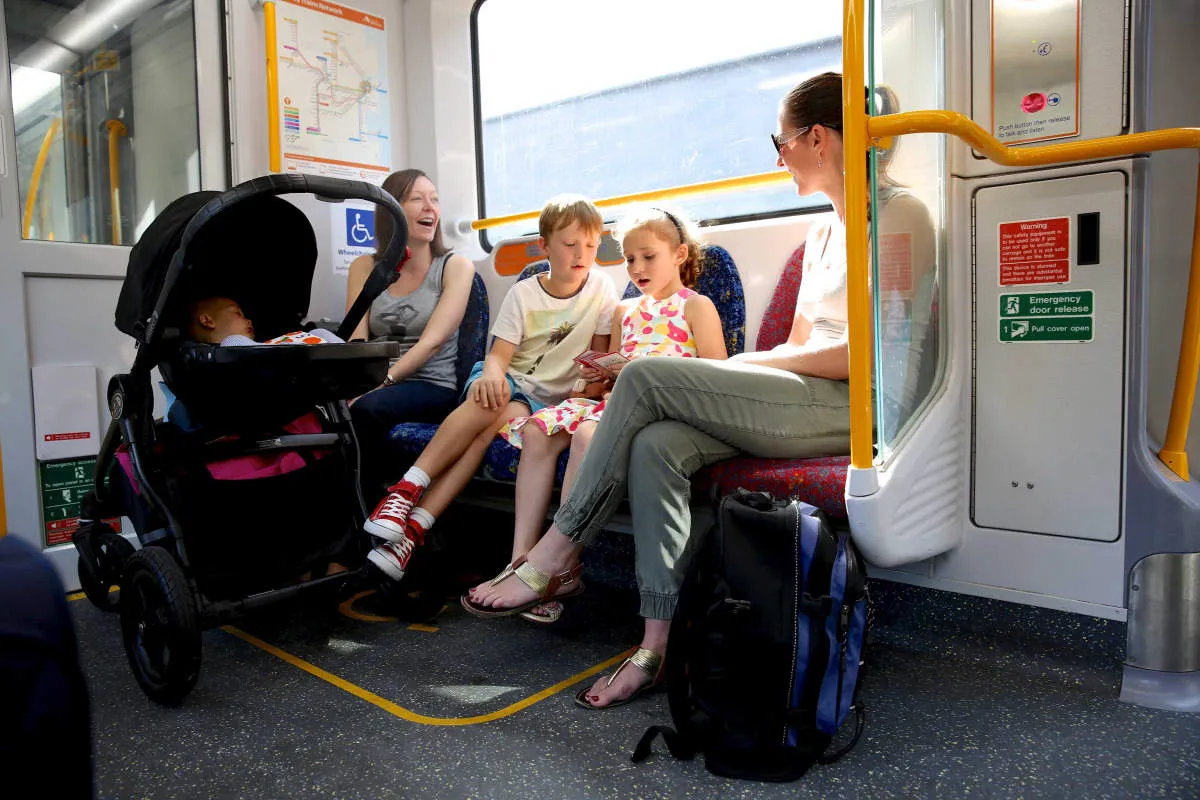
One of the biggest expenses when traveling is transportation. Using public transportation is an excellent way to save money compared to renting a car or taking taxis.
Research and Plan: Before you even leave for your trip, take some time to research the public transportation options available at your destination. Many cities have websites or apps dedicated to their public transport systems, detailing routes, schedules, and fares.
Consider Travel Passes: If you plan on using public transport frequently during your trip, look into purchasing a travel pass. These passes offer unlimited rides within a specific time frame (e.g., 24 hours, 7 days) and often work out cheaper than buying individual tickets.
Walk When Possible: Don’t underestimate the power of walking! If your accommodation is centrally located, you may find that many attractions are within walking distance. This is not only free but also a great way to experience the city at your own pace.
Utilize Free Transport Options: Some cities offer free public transport options like shuttle buses or specific routes that operate free of charge. Check if your destination has any of these options and take advantage of them.
Eating Like a Local

One of the biggest expenses while traveling is food. Eating out for every meal gets expensive fast. To stretch your travel budget further, explore these tips for eating like a local:
1. Embrace the Grocery Store
Even if you don’t have a kitchen, picking up basics at the grocery store for breakfast and snacks will save you a lot of money. Think yogurt, fruit, bread, cheese, etc.
2. Visit Local Markets
Farmers markets or daily markets are excellent places to find fresh, affordable produce, local snacks, and even prepared meals.
3. Dine Away From Tourist Traps
That charming restaurant with the picturesque view and multilingual menus? It’s likely overpriced. Venture a few blocks away from major attractions and tourist hubs to discover more authentic (and budget-friendly) eateries frequented by locals.
4. Look for Lunch Specials
Restaurants often offer set lunch menus or “prix fixe” options at a lower price than their dinner menu. Take advantage of these deals.
5. Ask the Locals
Don’t be shy about asking for recommendations! Hotel staff, your tour guide, or even people you meet at a shop can point you towards hidden culinary gems that won’t break the bank.
Using Travel Rewards Programs
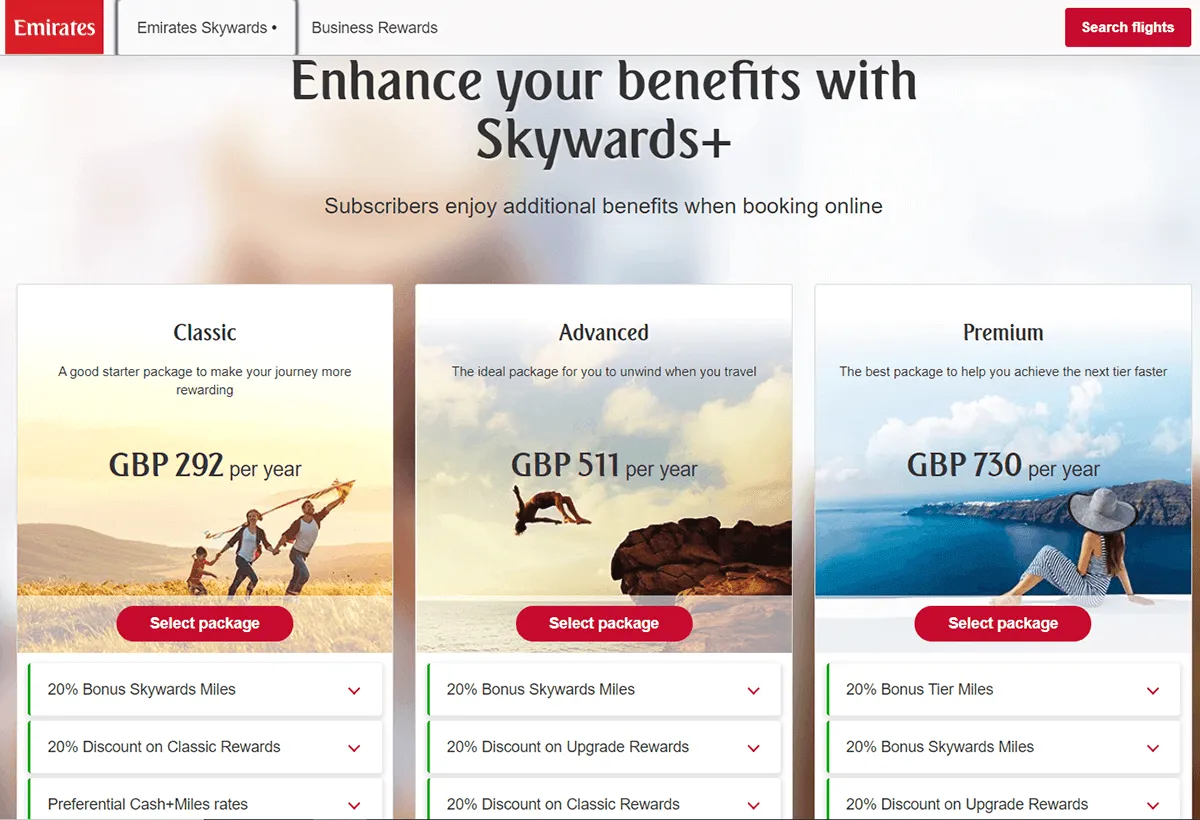
Travel rewards programs can be a fantastic way to cut down on travel expenses. These programs come in various forms, including:
Airline Miles Programs:
These programs reward you with miles for flights booked with the airline or its partners. Accumulated miles can be redeemed for flights, upgrades, and other perks.
Hotel Loyalty Programs:
Joining hotel loyalty programs allows you to earn points for hotel stays. These points can be used for free nights, room upgrades, or discounts on dining and spa services.
Credit Card Rewards Programs:
Many credit cards offer travel rewards such as miles, points, or cash back on travel-related purchases. Choosing a card with a generous rewards program can help offset travel costs.
Tips for Maximizing Travel Rewards:
- Choose programs that align with your travel habits. If you primarily fly with a particular airline or stay at certain hotel chains, prioritize their programs.
- Take advantage of sign-up bonuses. Many programs offer enticing bonuses for new members, such as bonus miles or free hotel nights.
- Be mindful of expiration dates. Miles and points often expire if not used within a specific timeframe. Keep track of expiration dates to avoid losing your rewards.
- Redeem rewards strategically. Sometimes, it’s more valuable to save rewards for more expensive flights or hotel stays, while other times, using them for smaller redemptions might be worthwhile.
Finding Free Activities
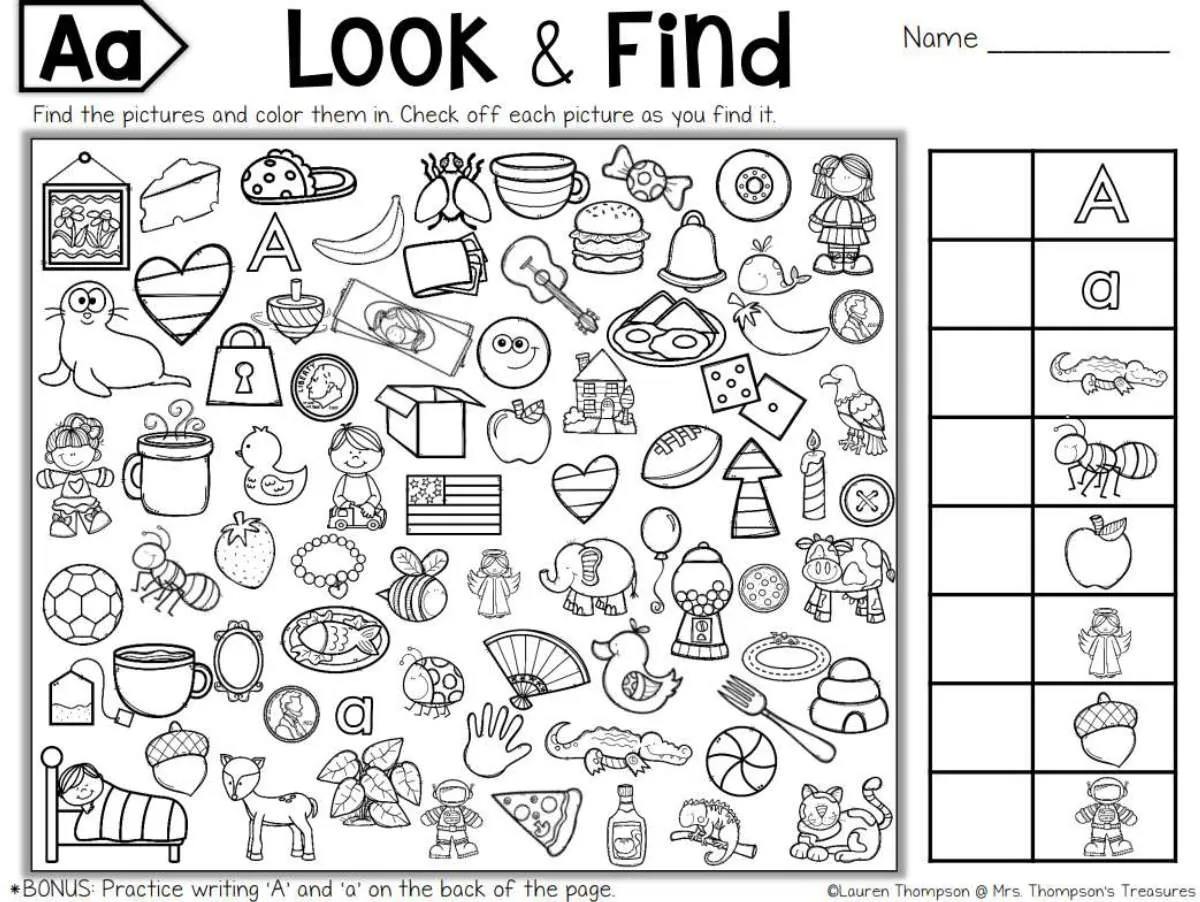
Traveling on a budget doesn’t mean you have to miss out on all the fun. There are plenty of free activities you can enjoy in almost any destination.
Here are some tips for finding free things to do:
- Visit tourist information centers. They often have brochures and maps highlighting free attractions and events.
- Explore on foot. Walking around a new city allows you to discover hidden gems and soak up the local atmosphere, all without spending a dime.
- Take advantage of free museum days. Many museums offer free admission on certain days of the week or month. Do your research in advance to see if your destination offers this.
- Enjoy the great outdoors. Parks, beaches, and hiking trails are excellent places to relax and enjoy nature without spending money.
- Look for free events. Check local websites, event listings, and community bulletin boards for free concerts, festivals, and markets.
- Embrace the local culture. Free activities like attending a religious ceremony, watching street performers, or visiting a local market can provide unique and memorable experiences.
Traveling During Off-Peak Seasons

Everyone loves a good deal, and in the world of travel, timing is everything! Traveling during the off-peak season can lead to substantial savings, allowing you to stretch your budget further and enjoy more experiences.
What is the off-peak season?
The off-peak season refers to the time period between the high and low seasons. It’s when the crowds have thinned out, and businesses are eager to attract travelers with tempting discounts.
Benefits of Off-Peak Travel:
- Lower prices: This is the most significant advantage. Flights, accommodation, and even attractions often offer discounted rates during the off-peak season.
- Fewer crowds: Say goodbye to long lines and jostling for space. Enjoy a more peaceful and intimate travel experience.
- Better availability: Snag that coveted hotel room with a view or that hard-to-get reservation at a top-rated restaurant.
- More personalized experiences: With fewer people around, you’ll often receive more personalized attention from tour guides, hotel staff, and locals.
Tips for Finding Off-Peak Deals:
- Research your destination: Every destination has its own unique high and low seasons. Understand the best time to visit for your specific needs.
- Be flexible with your dates: Even shifting your trip by a week or two can make a difference in price.
- Use travel search engines and aggregators: Websites and apps can help you compare prices and find the best deals.
- Sign up for newsletters and alerts: Stay informed about special promotions and flash sales from airlines, hotels, and tour operators.
Traveling with Friends

Traveling with friends is tons of fun, and luckily, it can be a great way to save money too! Here’s how:
Splitting Costs
The beauty of traveling with friends is the ability to share expenses. Think about it:
- Accommodation: That awesome Airbnb with multiple rooms? Way cheaper when you split it with a group.
- Transportation: Gas for a road trip, train tickets, even taxis become more affordable when divided amongst several people.
- Food: Eating out can take a chunk out of your budget. Cooking together in your rental or grabbing groceries for picnics helps everyone save.
- Activities: Group discounts on tours or activities are common, so be sure to inquire!
Planning is Key
Before you even book a single flight, make sure everyone is on the same page financially:
- Set a Budget: Talk openly about everyone’s financial comfort zone for the trip. Having a clear budget helps with decision-making.
- Track Spending: Use apps like Splitwise to easily track shared expenses. This eliminates any confusion or awkwardness later on.
Using Travel Apps
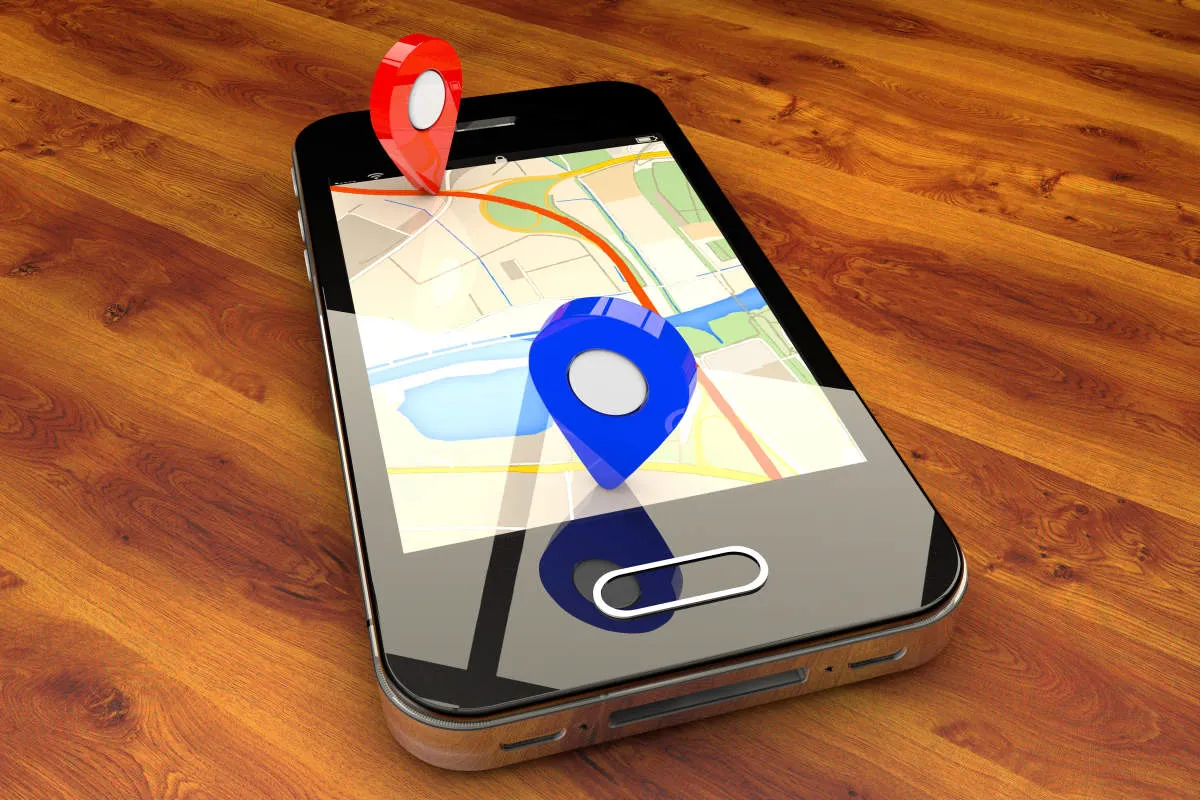
In today’s digital age, your smartphone can be your greatest asset for budget travel. Countless travel apps are designed to help you save money on everything from flights and accommodation to meals and activities. Here are some essential types of travel apps to utilize:
Flight and Accommodation:
- Flight comparison apps: Skyscanner, Google Flights, Hopper, and Momondo allow you to compare flight prices from various airlines, helping you snag the best deals.
- Accommodation booking apps: Hostelworld, Booking.com, Airbnb, and Agoda offer a wide range of choices, from budget-friendly hostels to hotels and apartments, often with exclusive discounts.
Transportation:
- Ride-sharing apps: Uber and Lyft can be cheaper alternatives to traditional taxis, especially for shorter distances.
- Public transport apps: Citymapper, Moovit, and Transit provide real-time public transportation information, helping you navigate new cities affordably.
Food and Entertainment:
- Restaurant finder apps: The Fork, Yelp, and TripAdvisor can help you find affordable eateries and discover local favorites with reviews and price ranges.
- Discount and coupon apps: Groupon and LivingSocial offer deals on activities, attractions, and even meals, letting you experience more for less.
Other Useful Apps:
- Currency converter apps: XE Currency and Currency Converter Plus help you track exchange rates and avoid overspending abroad.
- Offline maps: Google Maps and Maps.me allow you to download maps for offline use, saving you data roaming charges and ensuring you stay on track.
By taking advantage of these travel apps, you can unlock significant savings and make your travel budget stretch further. Be sure to explore the app stores and find the ones that best suit your needs and travel style.
Conclusion
In conclusion, by planning ahead, opting for budget accommodations, utilizing public transportation, and seeking out free attractions, travelers can effectively save money while still enjoying enriching travel experiences.

